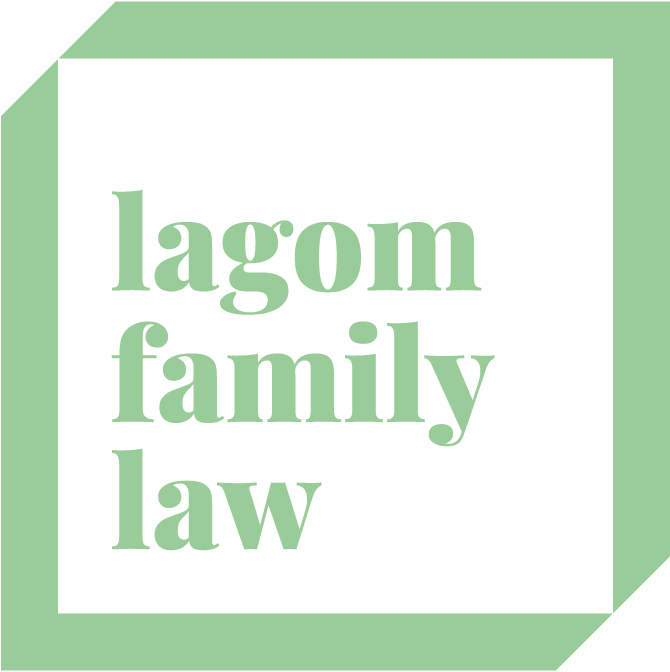I've got a boyfriend or girlfriend - does it mean they get half of all my stuff?
The end of any relationship is emotional and distressing, no matter the duration of it. It doesn’t help when you start hearing ‘You know XXX can claim half your stuff’ or ‘I want half of what you have’. This article will help explain what could be claimed and what the process may entail.
For the purpose of this article, we will look at some of the key concepts parties may be bound to under the FCFCOA.
What does de-facto mean?
A de facto relationship is defined in Section 4AA of the Family Law Act (FLA) 1975. The law requires that you and your former partner, who may be of the same or opposite sex, had a relationship as a couple living together on a genuine domestic basis. However, your relationship is not a de facto relationship if you were legally married to one another or if you are related by family.
So how do I know if I am in a de-facto relationship?
In order to establish a de-facto relationship existed, relevant circumstances must be considered. Generally speaking, if you have lived with your partner for more than two years the Court will consider you as being in a genuine de-facto relationship. Other factors the Court may look when considering if two people are in a de-facto relationship could include:
1. How long your relationship was;
2. Whether you lived together or how you shared your time;
3. Whether a sexual relationship exists;
4. The degree of financial dependence or interdependence, and any arrangements for financial support between you;
5. The ownership, use and purchase of property;
6. Whether on the available evidence, you had a mutual commitment to having a shared life together;
7. Whether the relationship is or was registered under a prescribed law of a State or territory as a prescribed kind of relationship;
8. The care and support of children; and
9. The reputation and public aspects of the relationship.
So can they claim my stuff if we break up?
Under the Family Law Act, a party to a de facto relationship can bring an application for a property settlement within two years of the relationship ending. Outside this period, the application can only be made with the Court’s permission.
In order for a claim for property to be made, at least one of the following conditions must be met:
1. The de-facto relationship must have lasted a minimum of two years;
2. A child exists as a result of the de-facto relationship (must be a child to both parties);
3. Substantial contributions were made to the assets or the welfare of the family by the Applicant; or
4. The relationship is registered.
If you believe that your ex-partner has ‘run out of time’ to make a claim, contact us to allow us to booki in a time to explain your rights and obligations and what is required of you to prove the limitation period has expired.
What are your entitlements?
De facto rights in NSW are the same as married couples’ rights when it concerns property settlement. Your de facto relationship entitlements depend on your circumstances and is highly unlikely to be the same as anyone else’s because every situation and relationship is different.
Under the FLA, the Court will work out whether it is deemed appropriate for a property settlement to occur by following in essence a four step process:
1. Identifying all assets and liabilities;
2. Assessing the financial, non-financial and welfare contributions of each party;
3. Assessing any relevant future need factors such as disparity of income, earning capacity, health and whether either party will continue to have care of a child; and
4. Considering the overall proposal is ‘just and equitable’ when considering all the circumstances of the parties.
By seeking legal advice, we can assist and guide you in understanding what exactly is part of the asset pool and what your possible entitlements are in the eyes of the Court.
Contact us at Lagom Family Law for personalised advice on your circumstances and allow us to ease your mind about the common misconceptions surrounding asset distribution following a separation.
Our excellent and experienced team has availability to provide an advice session usually within within a day or so of booking.
You can book a free discovery call here or contact us at the office on (02) 8379 1835.
Authored by Vanessa Kreiman and Lichee Hogland at Lagom Family Law
** The information contained in this blog is general and does not constitute legal advice on your particular maner. You should consult a lawyer specialising in family law for independent legal advice regarding your particular circumstances **
Lagom is Swedish and means not too little, not too much, just right. This is our philosophy of practice as we aim to provide tailored advice specific for your individual needs - that’s just right for you!
Lagom Family Law is a boutique legal practice lead by Principal Lichee Hogland who strives to achieve the best possible outcome for her clients whilst being approachable and respectful.

